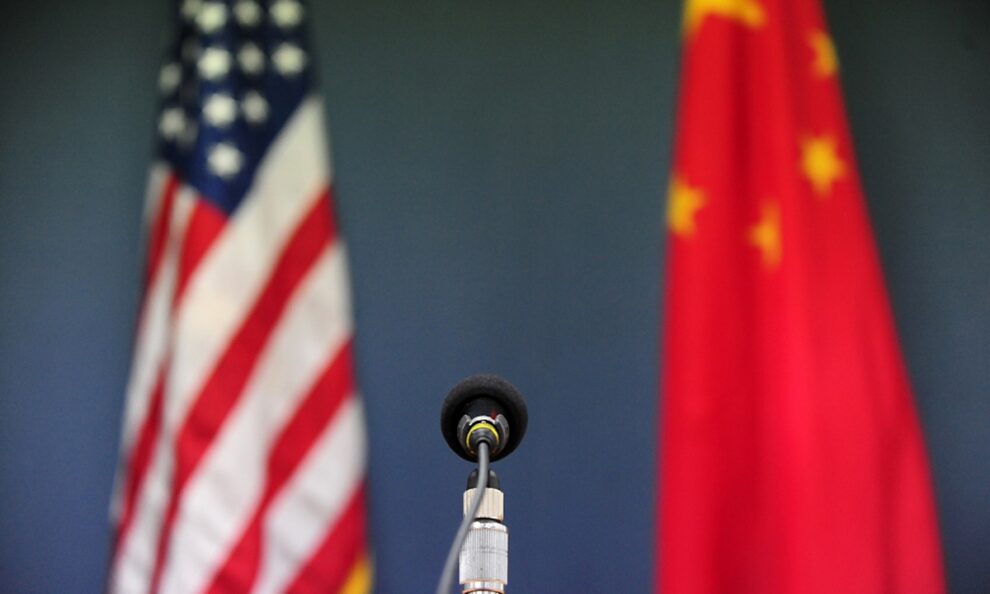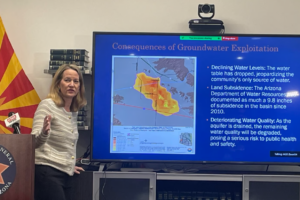Chinese President Xi Jinping and his U.S. counterpart, Joe Biden, will both attend the Asia-Pacific Economic Cooperation (APEC) Economic Leaders’ Meeting in San Francisco. The two world leaders will meet against the background of growing tension between China and the United States.
The face-to-face meeting between the two world leaders will ease the tension that has disrupted the global quest for peace and unity among civilizations. Further, the meeting will demystify the propagandist narratives that China and the United States have to be at loggerheads with each other on critical issues affecting the global community.
Why do China and the United States need to cooperate?
For starters, the United States and China are the world’s first and second-largest economies by nominal GDP, as well as by GDP based on purchasing power parity. According to the World Bank statistics, in 2022, the United States had a GDP of just under 25.5 trillion U.S. dollars while China’s was approximately 17.9 trillion U.S. dollars. Their cooperation is vital for global public goods offering, and for peace and development in the global community, especially in the era of economic recovery.
Second, taking a cue from President Xi, both China and the United States have the power of influence and capacity to popularize the idea of “ecological civilization” as a paradigm of change and a pathway to green and low-carbon economies. In doing so, Sino-U.S. cooperation will recalibrate the confrontational international order on addressing climate change issues and remake a new world order rooted in advancing the doctrine of humanism.
Third, the global community is facing eminent challenges where science and technology can offer key solutions. The 1972 Shanghai Communique, following which about 100 American scientists and scholars traveled to China and the first group of Chinese scientists since the founding of the People’s Republic of China went to the United States, needs to be the guiding compass of Sino-U.S. science and technology cooperation. And partnership in areas such as earth and atmospheric sciences, basic research in physics and chemistry, geology, and energy-related areas, among others, is needed to foster China-U.S. cooperation.
Fourth, for developing countries such as those in Africa to advance economically, China and the United States have to foster healthy cooperation. China is Africa’s largest trading partner. For the United States, the rise of the Asian country in Africa should not be seen as neo-colonialism, but as an opportunity for Africa to grow and advance its weak economies.
Last but not least, both China and the United States are the countries with a capacity to provide global sustainable peace. In Africa where conflicts have affected real development, the two nations have the potential for much closer cooperation on UN peacekeeping operations, especially in helping build the continent’s indigenous peacekeeping capacity. In strengthening multilateralism, China and the United States need to forge strong collaboration as a sustainable pathway to a peaceful, stable and prosperous world for all.
Thus, to effectively offer global public goods in the areas of the economy, health, climate change, peace and development, both China and the United States need to counter the concept of the Thucydides trap. The 2023 APEC meeting offers an opportunity for China and the United States to reengineer their cooperation for a shared future and prosperity for all mankind.










